

Assassin’s Creed: Syndicate is the best “pure” game in the series in years and a huge improvement over the previous — arguably maligned — Unity. Syndicate runs with what’s made the series great (rather than adding in pirate ships to cover the cracks), makes some much needed improvements to areas that needed them, and cuts out a lot of the bloat that’s grown since AC III.
Assassin’s Creed games have never been known for their tight, focussed stories. Syndicate is almost an exception. If you aren’t fully up to speed on the history of Assassin’s Creed, it’s still possible to follow along.
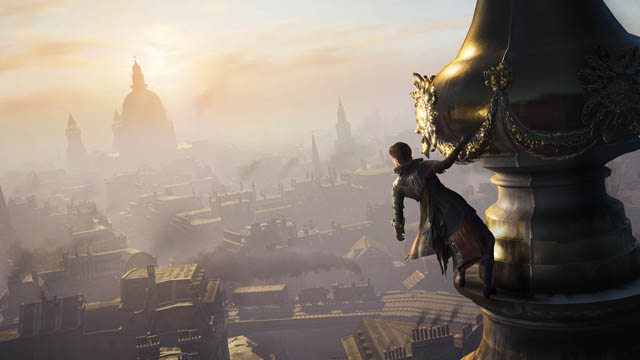
Set in London (not one of our guesses for the location) in the middle of the Industrial Revolution, Syndicate focuses on two twins, Jacob and Evie Frye. For centuries the Templars, the series’ villains, have controlled London. A badly diminished Assassin Order has largely left them to it. Going against their superiors, the Frye twins decide to do something about it.
What makes the story work is that each twin has their own characterisation and motivation. Evie, the more thoughtful of the twins, wants to find the Shroud of Eden, Syndicate’s McGuffin, before the Templars do, while Jacob wants to go straight for the head of the Order, the wonderfully machiavellian Crawford Starrick. Both plot lines develop side by side with each twin getting a roughly similar number of missions in each sequence. More than once, Jacob’s haste to go after Starrick causes knock on consequences that Evie must fix in a later memory.
The twins are the best developed main characters since Ezio. Each is great in their own right — with Evie slightly edging it — but they work even better together. They act just like real people, bouncing off each other and the supporting cast in some of the sharpest dialogue yet in an Assassin’s Creed game. Each has their own relationship, and way of interacting, with the other characters; for example, when they talk to, the real-life police officer, Frederick Abberline, Evie is studiously polite and refers to him as Sergeant Abberline at all times while Jacob just calls him Freddy.
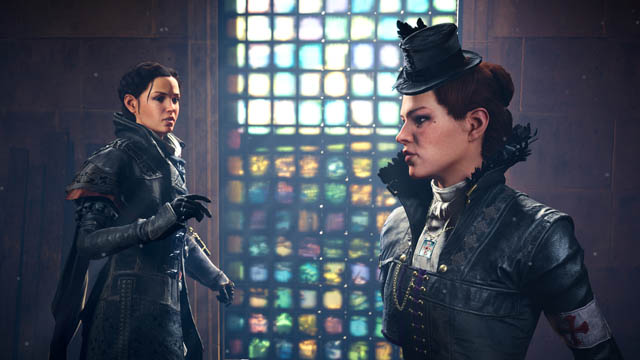
Starrick deserves a special mention. One of the problems with the plot of Assassin’s Creed games in the past has been the relatively faceless targets. In a given game, there is normally six or eight people who have to be assassinated for whatever reason the story provides before you get to the real villain. Each only gets a few memories to make a mark, and few do. Syndicate has a bit of the same problem, except that from the get go, you know Starrick is the man you’re after. Every time you assassinate a minor target, the game cuts to Starrick’s increasingly entertaining reactions. All the minor targets now feel like a real step towards him, rather than someone you have to kill for incredibly vague plot motivations. They’re still faceless, but there’s a real target at the end of things.
The rest of the supporting cast are great. Evie’s personal enmity with Miss Thorne provides a great series of missions. Cameos from Darwin and Dickens are wonderful. Mrs. Disraeli, entirely steals the thunder of her husband, the Prime Minister Benjamin Disraeli.
Even the frame story gets some development. Although it plays out through cut scenes, the supposed overarching narrative of the series gets a lot more attention in Syndicate than it did in Unity or Black Flag. For fans of the series’ crazy plot, this is a welcome change.
All in all, the plot and characters are clearer than ever. The Frye twins are the first assassins since Ezio that can really carry the game.
Even with the plot improvements, if the game still played exactly like earlier games in the series, this review would be a lot more negative. Fortunately, it doesn’t. There have been some changes across the board that make for a much more playable game.
The most obvious is the new grappling hook which completely shakes up how you get around. Rather than painstakingly climbing walls and looking for narrow alleys to hop across, the grappling hook lets you ascend nearly instantly and cross streets that are 40 or 50 metres wide in a few moments. This change makes traversing across the gorgeously realised London a lot easier, although at the expense of some of the challenge. In Ezio’s games, picking your way carefully around buildings was part of the fun. Here, it’s a matter of a single button press to jump to the top of Nelson’s Column.
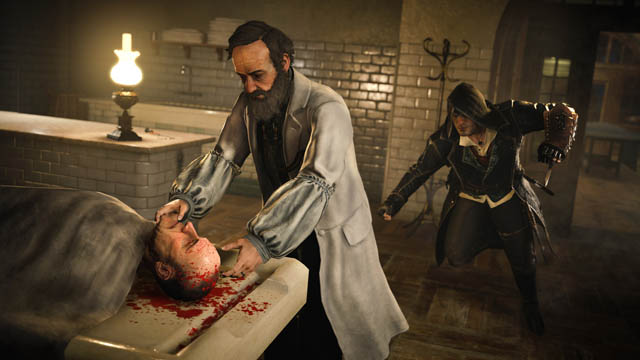
Stealth has also been improved hugely. For the first time in an Assassin’s Creed game, sneaking is really possible. Much more of the game takes place indoors. The main assassinations almost all take place inside iconic buildings. Even side quests will often require you to climb in a window and get past a few guards to reach a target.
To make it possible, the stealth button from Unity returns. It’s easier than ever to sneak around silently. To take out and distract the guards, whistling is back. Hide behind a doorframe, whistle and any guard who’s close by will come over to take a look, offering you the perfect opportunity to take them out. Throwing knives — when you hit a headshot — allow you to silently kill guards from afar. With Eagle Vision, you can track the location of every guard. You can even kidnap a guard and force them to escort you safely through restricted areas.
It all combines to make stealth by far the most fun way to play the game. When you manage to sneak in and take out the target without alerting anyone else, you feel like a real assassin. With the clever design of the main assassination missions, everything feels like a puzzle that can be solved. Blundering in and running around never feels like it’s the easiest solution. At times, it almost felt like playing a crossover puzzle game like Hitman Go or Tomb Raider Go — the mental processes were the same.
If you do want to roll in and make a mess of things, that’s an option too. Combat has been overhauled for about the fourth time in the last five games. This time, it forces you to go forward and attack rather than sit back and counter. It works well. Industrial London is a very different place than Renaissance Italy, carrying an armoury on your back is no longer socially acceptable. This means that most of the weapons available to the assassins and their enemies need to be concealable: brass knuckles, kukris (a Nepalese dagger), cane swords, and pistols become the weapons of choice.
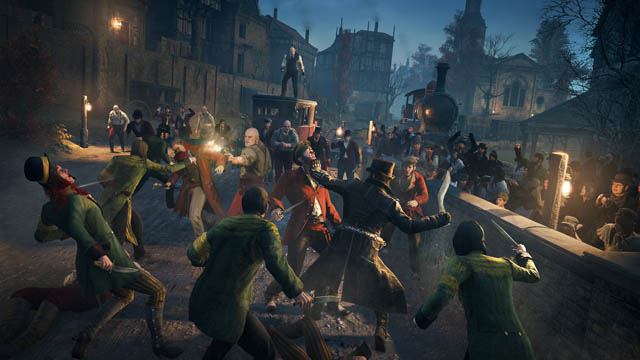
In this context, the brawling nature of the fights make sense. It can be a bit button mashy at times, but there’s a knack to string together a combination, countering attacks, dodging bullets, and generally making a mess of a group of guards. As you get better, you’ll be able to take out a group of eight or ten enemies in a single, unending assault.
A lot has been made of the two twins having different playing styles. This is true, to a point. Only Jacob has access to the most powerful fighting skills and equipment, while only Evie has access to the most powerful stealth skills and gear. Later in the game, the effect is more pronounced. However, this doesn’t mean that Jacob is a clumsy elephant stomping around and while Evie faints at the sight of blood. You can use either twin to play however you like. I think Ubisoft nailed the balance. They feel different enough without being so different as to limit how you play when you’re forced to use your less favourite twin for a story mission.
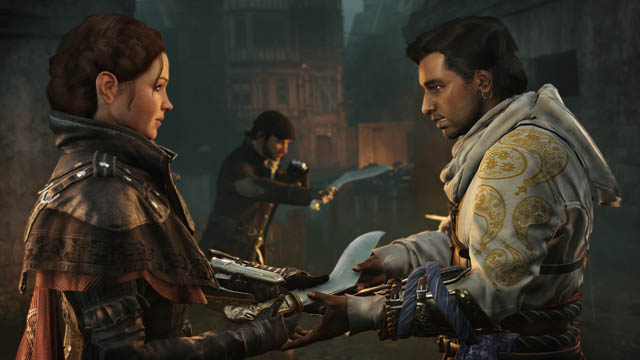
Much of the rest of the gameplay remains unchanged. There are still crowd events, side quests, collectibles, a hideout to develop, and everything else you’d expect of an Assassin’s Creed game. Social stealth is still around, though seldom emphasized. Just as before, you need to climb View Points to unlock the map. It’s still Assassin’s Creed — it’s just a very good version of it.
London really comes to life in Syndicate. Major landmarks are recreated almost perfectly although a bit of dramatic license is taken with the rest of the city. In Unity, Paris was beautiful but felt a little dead. Syndicate doesn’t make the same mistake with London.
Despite being huge, London never feels empty. There is so much going on in every corner of the city. A big (although optional) part of the game is capturing each borough from the Templars. Completing side missions — normally taking out a Templar, kidnapping someone, or freeing child labourers — gradually rids the boroughs of Templars and replaces them with your own gang, known as the Rooks. Each one takes around nine side missions to free. As you wander London, these missions are everywhere.
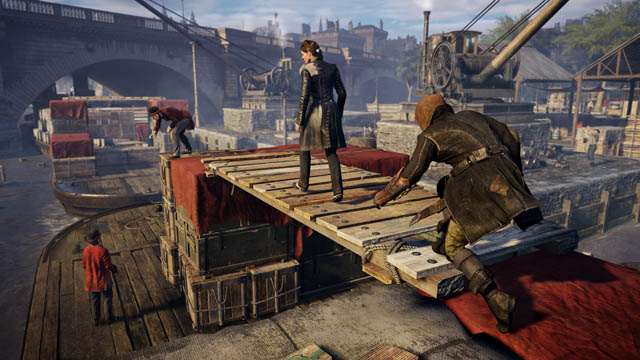
The designers isolated certain kinds of architecture to the different boroughs to give each it’s own unique feel. It works. Westminster and Whitehall are entirely different, but still related, settings.
One clever decision that Ubisoft made is to limit how much they use the size of the city. Only a few missions have you running all over the place between different boroughs. For the most part, the memories are tightly focussed to a small enough location. This cuts down on travel time and keeps things fun. Even with the speed increase offered by the grappling hook, it takes a long time to get across London on foot.
In a word, yes. If you’ve ever enjoyed an Assassin’s Creed game, you’ll likely love Syndicate. It’s more of the same but with some welcome improvements.
There’s a great plot and engaging characters. The gameplay, especially stealth, has been improved immeasurably. The setting is gorgeous and feels alive. It’s everything you could ask for in an Assassin’s Creed game. And there’s none of the brokenness that came with the launch of Unity.
That’s not to say there aren’t issues. Some missions can be a bit tedious. There’s still some memories where you insta-fail if you’re seen. The controls aren’t perfect yet either; trying to jump to a very specific place can end up with your assassin swan diving into the river a hundred meters below. For the first time in a while, however, these problems don’t really detract from your enjoyment. Syndicate gets so much right that you forgive it for the few lingering issues that it didn’t correct. I can honestly say, I’m looking forward to next year’s Assassin’s Creed game to see if the improvements continue.
If you want the TL;DR, Syndicate is worth returning to the Assassin’s Creed universe to play even if you’ve avoided the last two or three games.
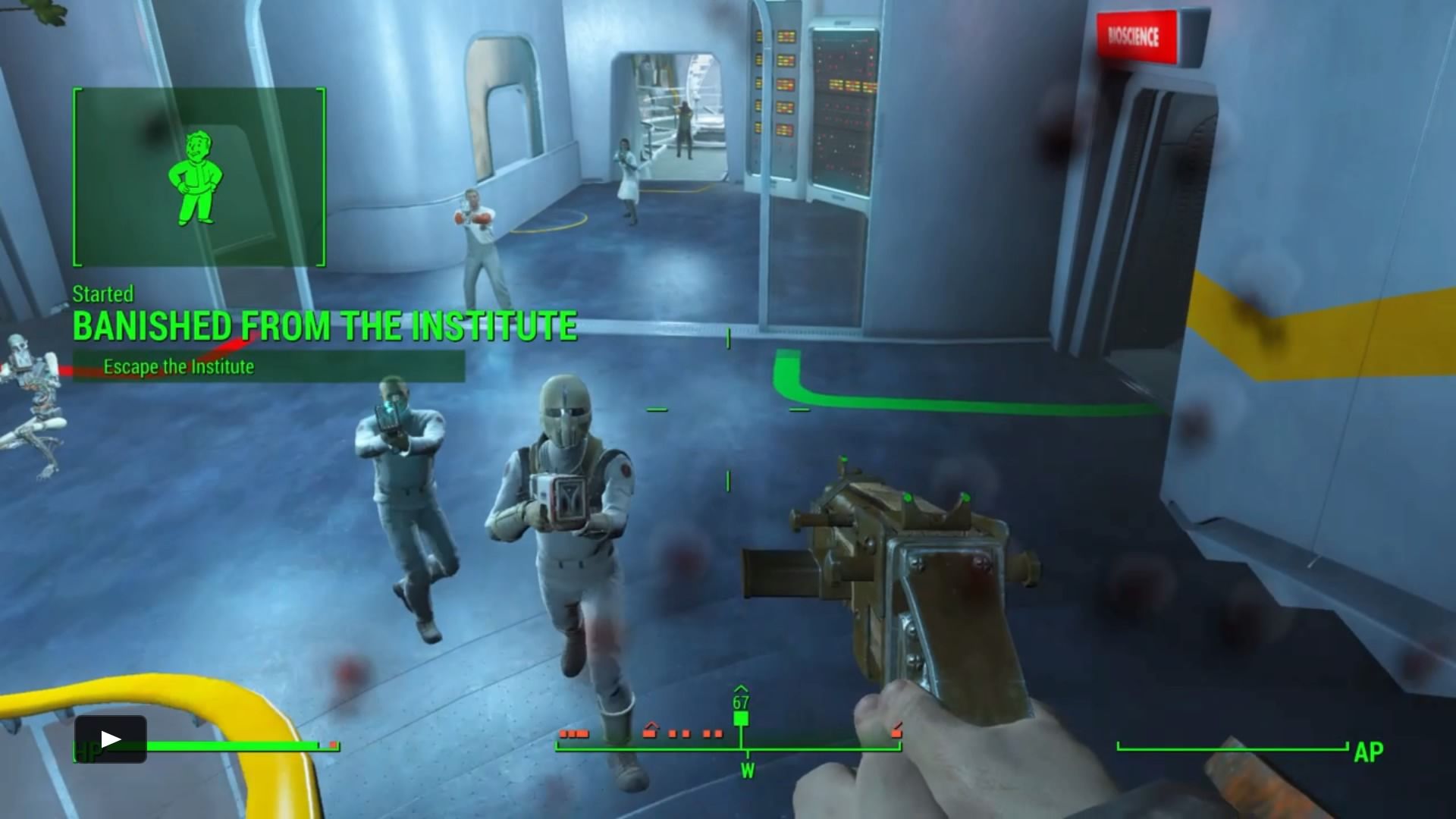
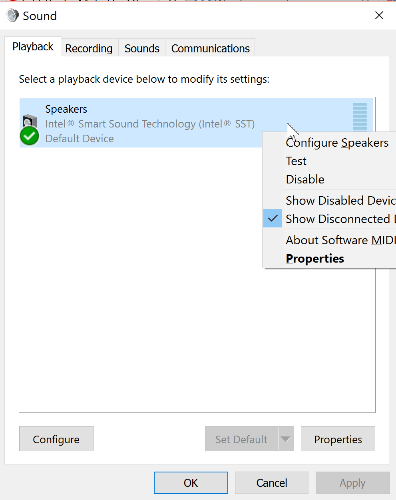


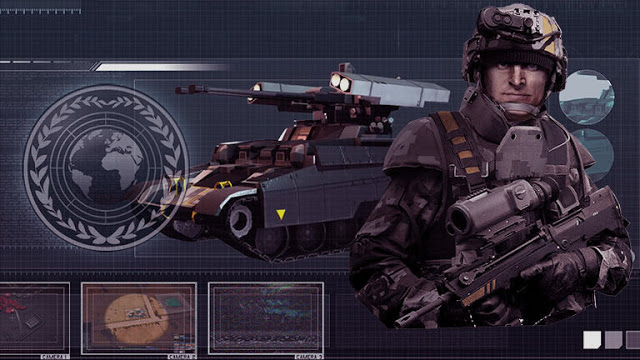 Act of Aggression: Chimera - The Euro Elite Unit in the spotlight
Act of Aggression: Chimera - The Euro Elite Unit in the spotlight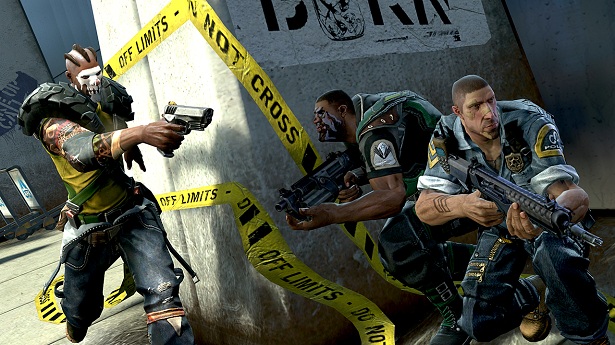 Brink Game Guide
Brink Game Guide Video Game Movie Adaptations That Wouldn’t Suck
Video Game Movie Adaptations That Wouldn’t Suck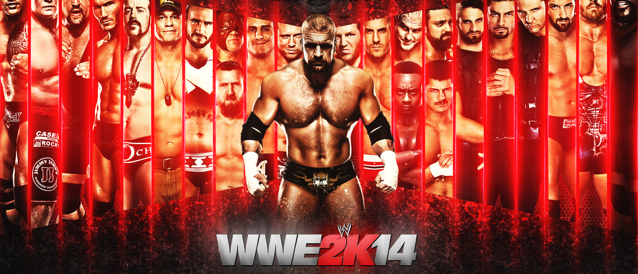 WWE2K14 Review: A Combination of Nostalgia, Wrasslin, and Wonky Gameplay
WWE2K14 Review: A Combination of Nostalgia, Wrasslin, and Wonky Gameplay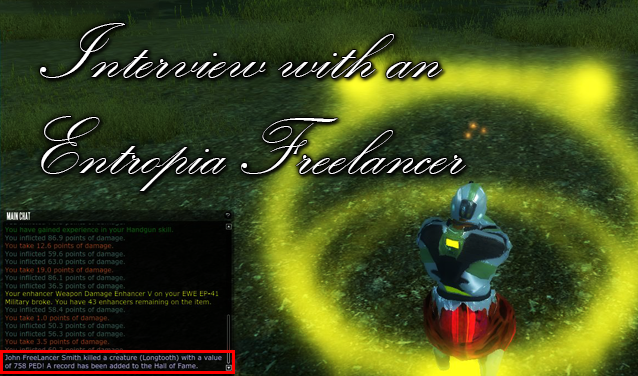 An Insight into Entropia Universe
An Insight into Entropia Universe